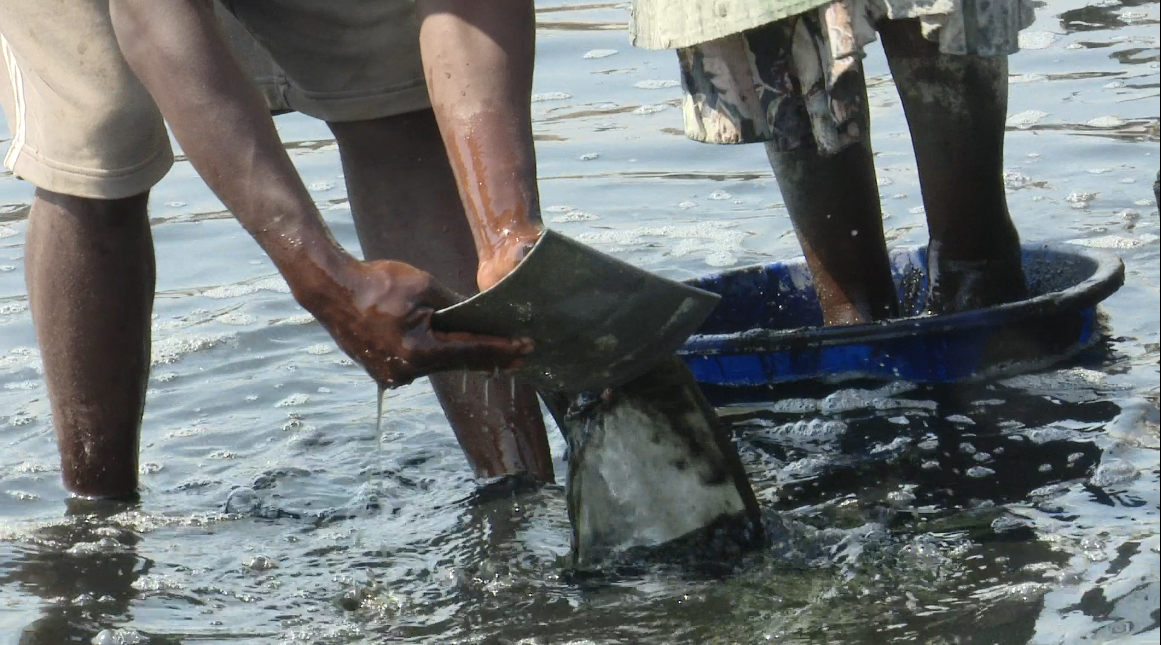Prime
Museveni flirts with DP but joins the ‘third force’

What you need to know:
Yoweri Museveni almost joined the Democratic Party as the country headed for elections in 1980 but he ended up going with the ‘third force’ and leading the Uganda Patriotic Movement.
Kampala
How different would Uganda’s political history have been if Yoweri Museveni had joined the Democratic Party ahead of the 1980 elections? Museveni had been a member of Milton Obote’s Uganda Peoples Congress but as the country sleepwalked to the elections in 1980 he found himself spoilt for choice.
Obote was back to business and was a shoo-in for the leadership of the UPC. That party, therefore, did not offer a lot of room at the top for a young, ambitious politician. The Democratic Party was also in the process of dusting off its cobwebs in preparation for the elections.
Yusuf Kironde Lule’s attempt to throw a spanner in the works by returning to challenge for the party leadership had floundered after the Military Commission raised the possibility of his arrest if he returned from exile.
That had allowed Paulo Ssemogerere to win fairly convincingly but DP officials were keen to attract someone like Museveni who had political charisma as well as military muscle through his Fronasa fighters and his position as Paulo Muwanga’s deputy on the Military Commission.
Museveni was torn between joining a more established party, such as DP, or going with the tide that was calling for a ‘third force’ outside the two mainstream political parties.
The ‘third force’ was mainly comprised of politicians disaffected by the politics in UPC or who were simply looking for a new political home to accommodate them.
Key members of the ‘third force’ included Akena P’Ojok who was the minister of transport and communications, Opira who had been the deputy chief of intelligence under the first Obote regime, veteran politician Erisa Kironde, and Dr Ruhakana Rugunda who was then deputy minister of health, among others.
These early adopters were later joined by the likes of Bidandi Ssali, Matia Kasaija, Bernard Buzaabo, Prof. Tarsis Kabwegyere and others. Museveni was initially left out of the early meetings of the ‘third force’ but was constantly briefed about the developments. By May 1980 the members of the ‘third force’ were on the verge of launching a new political party, the Uganda Labour Congress.
Aware of the quiet but intense power struggle among the ambitious leaders of the group, particularly between Akena P’Ojok and Prof. Kabwegyere, Francis Bwengye, the interim secretary general of the Democratic Party approached Museveni to try and woo him to the bigger party and dissuade him from going with the new organisation.
As he recounts in his book, ‘The Agony of Uganda: From Idi Amin to Obote’, Bwengye organised a meeting at Museveni’s suite at Nile Mansions. Other than Bwengye, Mzee Boniface Byanyima and Paul Ssemogerere represented the DP side. Museveni was accompanied by Rev. Fr. Christopher Okoth and Ruhakana Rugunda.
The DP group asked Museveni and the others to join the party instead of forming a new political party and jointly challenge Obote and the UPC.
“Museveni said that as for himself he could join the DP without difficulties as his people at home, including his own father, were all DP supporters,” Bwengye later wrote.
“He, however, revealed that his supporters, who included members of Fronasa, regarded the DP as a party of Catholics and UPC as a party of Protestants and that they looked forward to the formation of a new political party which could not be identified with any of the major religions in the country.”
The DP officials defended themselves and said they appealed to more than the Catholic constituency.
The Museveni side countered that perhaps DP ought to change its name to acknowledge the wider appeal and the accommodation of the new members of the ‘third force’.
“Dr Ruhakana argued vehemently that in Kigezi DP was synonymous with Catholicism and therefore if he joined DP as it stood then, the people in his home area would say he had converted from Protestantism to Catholicism.”
The group “agreed to disagree” on this point but left the door open to Museveni, who accepted an invitation to attend a DP rally at City Square [now Constitution Square] the next day.
Ultimately Museveni did not show up for the rally, despite sending an advance party. And although he later turned up for a DP luncheon at Imperial Hotel later that day where he was warmly welcomed and publicly invited to join the party, he passed on the invite.
A few days later the formation of the Uganda Patriotic Movement was announced with Museveni as its leader to contest the forthcoming elections.
Bwengye recalls that many politicians, including Prof. Ephraim Kamuntu, Yona Kanyomozi, P’Ojok and Dr Ezra Nkwasiibwe, had walked out in protest after Museveni was picked to head the new political party.
He adds that Prof. Kabwegyere, who had an eye on the leadership of the new party, was so smitten that he soon after crossed over to DP, announcing his move at a party meeting in Bushenyi.
It is not clear how different Uganda’s history would have been if Museveni had joined DP. It is unlikely that he would have dislodged Ssemogerere from the party ticket although the third force would, in all probability, have gone on to form a new party.
Would Museveni, as a member of the Military Commission, have helped defend DP’s vote in the 1980 election? Would that have given DP power and spared the country the events that followed?
These questions are clearly hypothetical but they show how small events could have affected the course of our political history.
As it were, anyway, UPC’s plan to rig the elections were in advanced stages and the Military Commission, of which Museveni was a key member, would have a direct and overbearing role in stuffing the ballots and fundamentally altering the course of Uganda’s political fortunes.
editorial @ug.nationmedia.com




